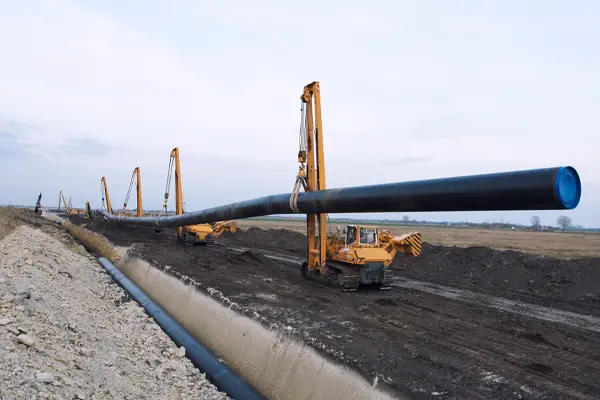
Innovations in natural gas production and transportation
Natural gas is a vital energy resource that powers industries, heats homes, and generates electricity worldwide. As the demand for natural gas grows, so does the need for more efficient, safer, and environmentally friendly methods of extraction and transportation. Over the years, innovations in both areas have revolutionized the industry, improving the overall efficiency of natural gas production and reducing its environmental impact.
Advancements in Extraction Techniques
One of the most significant innovations in natural gas extraction has been the development of hydraulic fracturing, or fracking. This technique, which involves injecting a high-pressure mixture of water, sand, and chemicals into underground rock formations, has unlocked vast reserves of natural gas that were once difficult or impossible to access. Fracking has made it possible to extract gas from shale rock, significantly increasing the availability of natural gas in regions like the United States, where shale gas production has surged in recent years.
In addition to fracking, horizontal drilling has also played a key role in improving extraction efficiency. By drilling at an angle to access larger areas of the reservoir, horizontal drilling allows for more gas to be extracted from a single well, reducing the need for multiple drilling sites and minimizing the environmental impact of gas extraction. These methods have made natural gas extraction not only more economically viable but also more sustainable by reducing the number of wells needed and improving overall production rates.
Carbon Capture and Storage (CCS) Technology
To mitigate the environmental impact of natural gas extraction, Carbon Capture and Storage (CCS) technology has emerged as a groundbreaking innovation. CCS involves capturing carbon dioxide (CO2) emissions produced during extraction and transporting them to underground storage sites. By storing CO2 deep underground, CCS prevents it from entering the atmosphere and contributing to climate change. This technology is particularly crucial for natural gas extraction, as it helps reduce the carbon footprint of the industry, making it a cleaner energy source in comparison to coal and oil.
Improved Transportation Infrastructure
Once natural gas is extracted, it must be transported to where it is needed, whether it’s for industrial use, power generation, or residential heating. One of the key innovations in natural gas transportation has been the development of Liquefied Natural Gas (LNG) technology. LNG allows natural gas to be cooled to a liquid state, reducing its volume by approximately 600 times, making it much easier and more efficient to transport over long distances, particularly by sea.
LNG technology has opened up new markets for natural gas, allowing it to be exported and imported between countries that lack direct pipeline access. With the construction of specialized LNG terminals, transportation and storage have become more streamlined, making natural gas a more globally accessible resource.
In addition to LNG, advancements in pipeline technology have improved the efficiency and safety of transporting natural gas. New materials, such as composite and high-strength steel, have been developed to create pipelines that are more durable and resistant to corrosion, minimizing the risk of leaks and ensuring a more reliable supply of gas. Automated systems for pipeline monitoring and control have also been implemented, enabling operators to quickly detect and address potential issues, further improving safety.
The Future of Natural Gas Extraction and Transportation
Looking ahead, the future of natural gas extraction and transportation will be shaped by ongoing technological advancements aimed at increasing efficiency, reducing environmental impact, and expanding access to this valuable resource. Innovations in digitalization, such as the use of artificial intelligence (AI) and machine learning, will play a significant role in optimizing extraction and transportation processes, enabling companies to predict and prevent issues before they arise.
Furthermore, the increasing focus on sustainability will drive further innovation in green extraction technologies, such as zero-emission fracking, and the development of more efficient and eco-friendly transportation methods.
As natural gas continues to play a central role in the global energy mix, these innovations will help ensure that it remains a reliable, cost-effective, and environmentally responsible energy source for generations to come.
Subscribe